Some offer guided meditation, video coaching and referrals to therapists
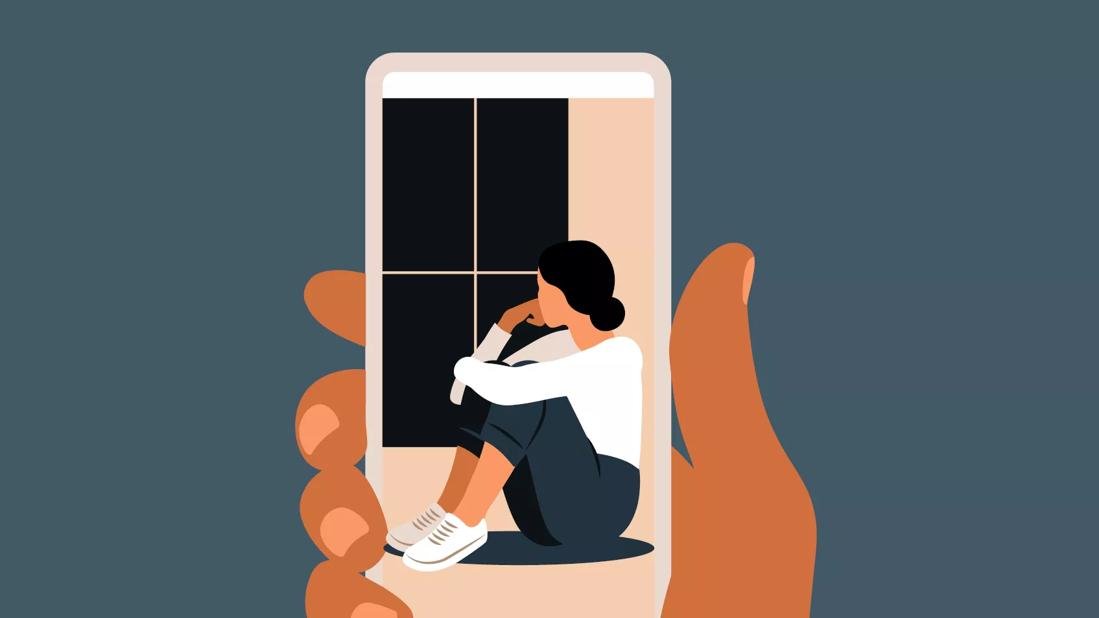
You use an app to play games, post photos to social media and shop online.
Advertisement
Cleveland Clinic is a non-profit academic medical center. Advertising on our site helps support our mission. We do not endorse non-Cleveland Clinic products or services. Policy
But what about using an app to help with your mental well-being?
“There’s been a rapid increase in the number of mobile apps available for mental health, physical health, wellness and resilience,” says wellness specialist Robert Saper, MD, MPH. “Mental health apps are very promising vehicles to help people in their wellness journey.”
If you have mild to moderate anxiety, depression or other mental health conditions, a mental health app can be used in conjunction with talk therapy, self-care and other wellness practices like mindfulness, meditation and breathing exercises.
So, how do know which app is right for you? Psychiatrist Leopoldo Pozuelo, MD, and Dr. Saper explain how mental health apps work.
You may have seen celebrity-endorsed wellness apps that focus on keeping you calm or tracking your sleep.
What makes mental health apps so popular is that it’s easy for you to access their features anywhere. Feeling stressed before a big work meeting? Open an app for a 1-minute deep breathing session.
But what each app offers can differ. And while some are free to download and use, others have a fee for monthly plans, as well as for premium content and features.
“Some may offer meditation and guided imagery,” notes Dr. Pozuelo. “And then there are some apps that also include video coaching with therapists. Some can even refer you to a mental health professional in your area.”
Advertisement
It’s important to know that mental health apps shouldn’t be a replacement for traditional treatments and therapy. And they aren’t designed to provide a diagnosis.
“These apps serve as a helpful addition to traditional care,” says Dr. Saper. “So, in between clinical appointments, you can look and rely on the app for practice, support and education.”
Are you just looking for ways to relax? Or guided meditation? It’s key for you to know what you want out of the app experience.
“There are very few apps that really provide encompassing mental health, meaning that they give you coaching techniques via text, there’s modules for therapy and you can have live interactions with therapists,” explains Dr. Pozuelo. “And if you need, you can have live interactions with a psychiatrist.”
Some of these therapy apps use techniques of cognitive behavioral therapy (CBT) and may offer features that deal with PTSD, obsessive-compulsive disorder and more. If you’ve been diagnosed with a mental health condition, talk to your doctor about how one of these apps can enhance your treatment.
If you’re feeling anxious or depressed, it’s important not to think of mental health apps as a cure-all. If your anxiety or depression starts affecting your quality of life, you struggle to get tasks done each day or have a lack of interest, it’s time to talk to a doctor who can provide a diagnosis and recommend treatment.
“In those scenarios, where you have high anxiety levels and high levels of depression and it’s affecting your quality of life, these apps can’t substitute seeing a doctor,” says Dr. Pozuelo.
With new innovations and new apps available all the time, it’s important to remember that there isn’t a lot of research available yet on how mental health apps can benefit your wellness journey.
Some initial research shows that using these apps can help manage mental health conditions and that they may work due to their ease of use and engagement.
Many doctors are still working on how to incorporate mental health apps into their practice. The American Psychiatric Association has an app rating system to help mental health professionals assess the effectiveness and risks of mental health apps.
“One challenge we have to address with utilizing mental health apps at a widespread level, is how to increase people’s engagement,” says Dr. Saper. “The second challenge is digital equity. There are substantial differences in access and literacy around digital devices based upon race, education, income and geography. Individuals who may need help from a mental health app the most may be the individuals who are less likely to be able to access it.”
Advertisement
But one thing is clear, mental health apps are popular. They can deliver guidance and support in an easy, convenient way. They can also provide a safe space for those who may be uncomfortable seeking help in a conventional setting.
“People are searching for ways to self-empower themselves and get a better handle on managing stress,” says Dr. Pozuelo. “And these apps can be a vehicle to help them to feel more comfortable and to succeed.”
Advertisement
Learn more about our editorial process.
Advertisement
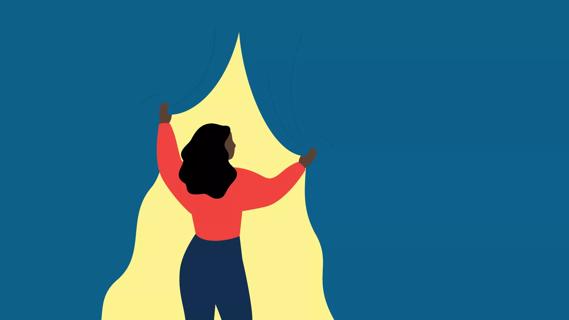
Connecting with others, going for a walk or focusing on sleep quality can help more than you might realize

You may not always notice it, but your mental health has just as big of an impact on your well-being as your physical health
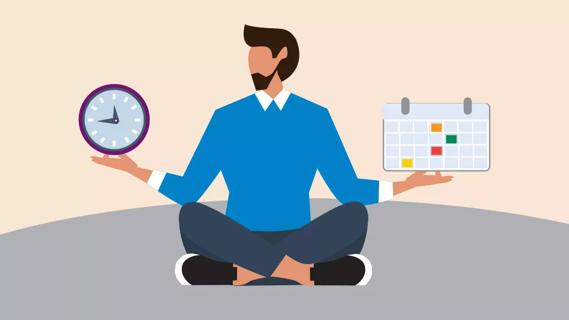
Rethinking your Mondays might make the ‘Sunday scaries’ a thing of the past

Get to know the resources they have on and off campus, including their friends
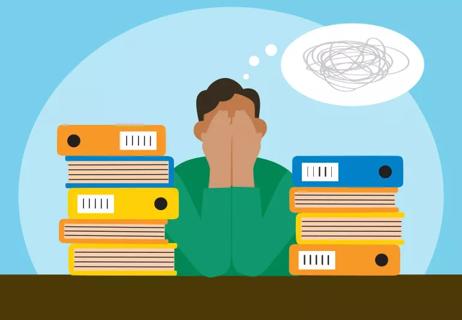
College is a time of big transitions, intense stress and major lifestyle changes
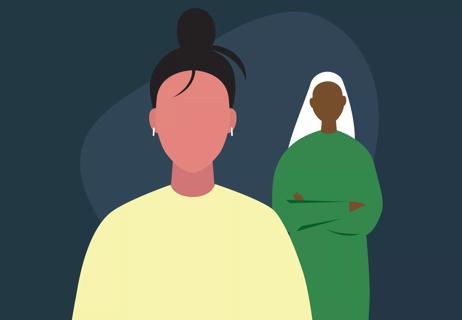
Wishing you made a different decision can help you learn from your mistakes
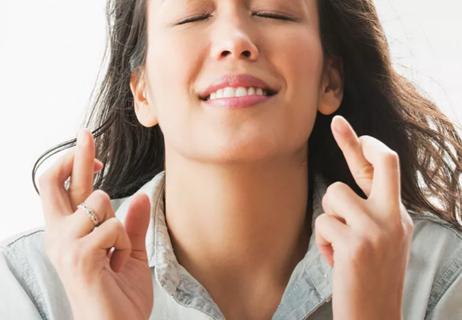
This term from TikTok encourages positive affirmations around ‘luck’

Start a conversation, gently ask questions and offer help without judgment

Type 2 diabetes isn’t inevitable with these dietary changes

Applying a hot or cold compress can help with pain